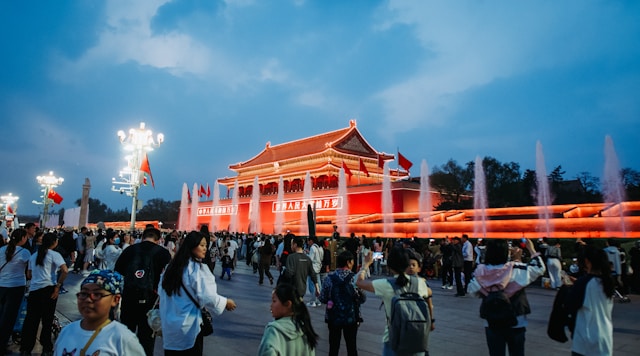
In June 2021, China’s Ministry of Culture and Tourism and Ministry of Justice jointly issued the “Notice on Carrying out the Pilot Work of Connecting Mediation and Arbitration of Tourism Complaints” (关于开展旅游投诉调解与仲裁衔接试点工作的通知) (hereinafter referred to as the "Notice"), which proposes the establishment, on a pilot basis, of special arbitration platforms for tourism complaints in areas where conditions meet, promotes the connection of tourism complaint mediation and arbitration, and especially encourages the settlement of tourism disputes through mediation.
According to the Notice, the arbitration platform for tourism complaints shall be built by the local culture and tourism administrative authorities and arbitration institutions upon consultation. After receiving a tourism complaint, the tourism complaint handling authority shall mediate between the parties according to its duties, and then issue and serve a "Tourism Complaint Settlement Statement" (旅游投诉调解意见书) to the parties if a settlement agreement is reached. Where there exists an arbitration agreement, the authority may notify the parties to directly enter the process of rapid mediation during the arbitration procedure.
Where the parties fail to reach a settlement agreement, the tourism complaint handling authority may guide the parties to reach an arbitration agreement upon negotiation, and then enter the arbitration procedure for rapid mediation through the dispute arbitration platform for tourism complaints. During this process, where a settlement agreement is reached, the arbitral tribunal may make an award on the settlement at the request of the parties, or make an arbitral award based on the results of the settlement agreement and serve it to the parties; where no settlement agreement is reached through arbitration mediation, the arbitral tribunal may make an award in accordance with laws and regulations, issue and serve it to the parties.
Cover Photo by Yang Shuo (https://unsplash.com/@yangshuo) on Unsplash
Contributors: CJO Staff Contributors Team









